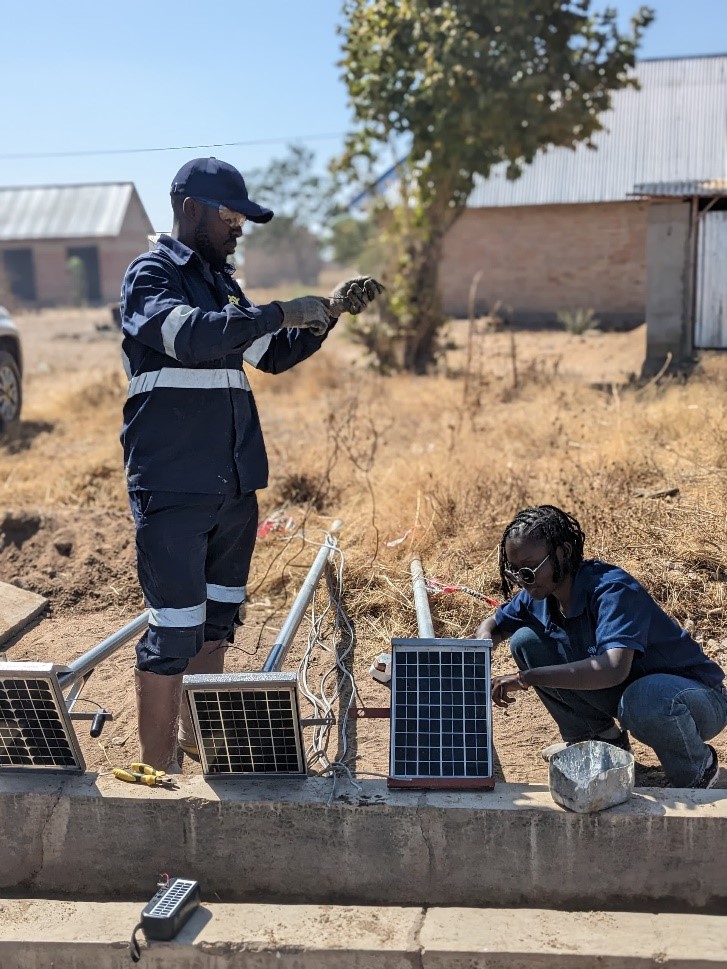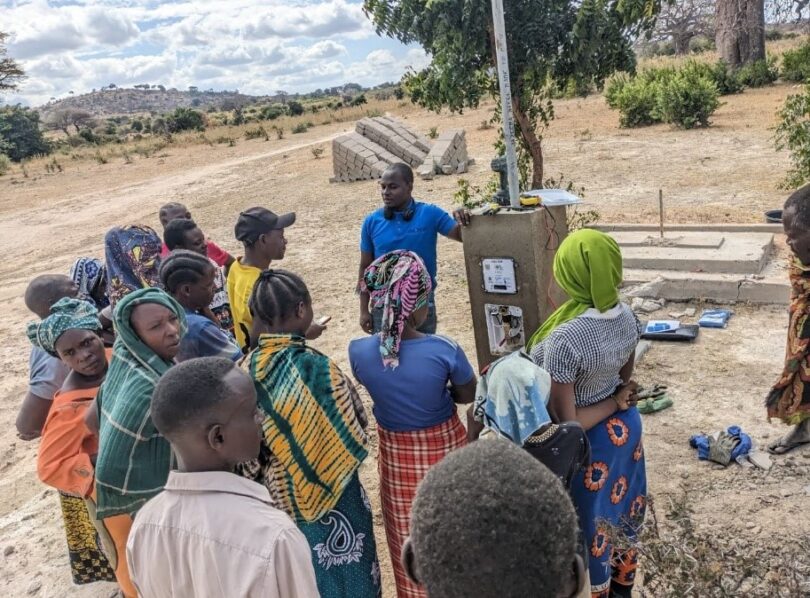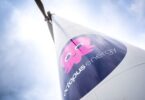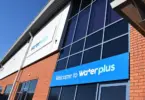Vital 24/7 access to clean water is the focus of a project that will see 557 eWATER Smart Taps installed across 72 villages in Tanzania’s Singida and Dodoma districts – the largest programme of its type on the African continent.
The RSK Tanzania and eWATERservices joint venture forms part of the Accelerating Solar Water Pumping via Innovative Financing project (ASWPIF), funded by the TIB Development Bank and supported by the World Bank.
RSK Tanzania project manager Joseph Fingo said: “The majority of people in rural Singida and Dodoma don’t have household water connections and depend on public distribution points, which are scarce or non-existent, leaving many people without access to clean water.
“Using solar-powered water dispensers means that water is available at all times to people in the area. The installations have so far provided more than 105,000 people with access to affordable, clean water 24/7, with 3500 additional people being connected in June 2024 alone.”
 The project, which started in 2020 and will complete later this year, has already seen eWATER Smart Taps installed at 54 sites in Tanzania. It is expected to connect some 135,000 people to clean water. The installation work has involved more than 16 professionals, including civil and mechanical engineers, and some 100 local labourers from the remote villages. eWATER’s live dashboard shows that over 206 million litres of water have already been dispensed from 420 eWATER Smart Taps installed to date across Dodoma and Singida.
The project, which started in 2020 and will complete later this year, has already seen eWATER Smart Taps installed at 54 sites in Tanzania. It is expected to connect some 135,000 people to clean water. The installation work has involved more than 16 professionals, including civil and mechanical engineers, and some 100 local labourers from the remote villages. eWATER’s live dashboard shows that over 206 million litres of water have already been dispensed from 420 eWATER Smart Taps installed to date across Dodoma and Singida.
eWATERservices Head of Operations Victoria Beach said: “Some 40% of rural water systems in sub-Saharan Africa fail within two years. This has been linked to shortcomings in revenue management and maintenance and as a result, more people lack clean water today than 20 years ago.”
Victoria explained how the built-in communication device within the eWATER Smart Taps sends vital data to eWATER’s dashboard, including revenue collection and water distribution metrics. This can also detect faults such as solar or battery issues, enabling technicians to receive immediate notifications and promptly address problems, ensuring clean water is always flowing.
She said that unlike traditional aid models, eWATER commits to accountability to consumers, governments and donors. Customers purchase eWATER credit via mobile money for 24/7 water access and pay only for what they use.
Victoria said: “eWATER aims to create sustainable water systems through innovative technology and efficient operations management. With direct, secure payment systems and 100% transparent revenue collection, we are creating a model that does not require the continuous donation of funds to work – something that has been an issue affecting many prior clean water projects in Africa. Revenue is collected and distributed to the relevant parties to pay for maintenance of the eWATER Smart Taps, maintenance of other key infrastructure such as pumps, tanks and pipework, treatment of the water and payment of technicians and resellers.”







